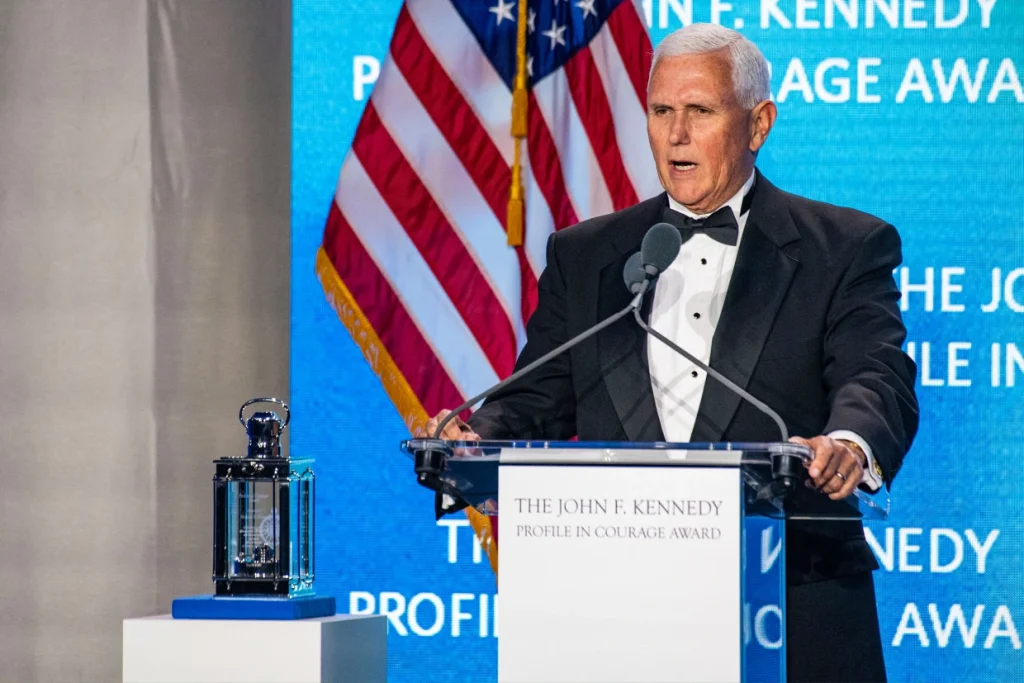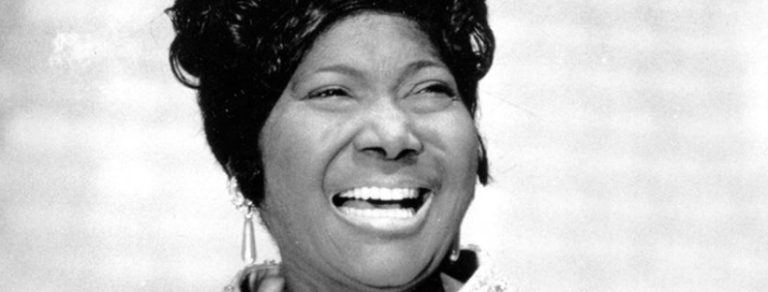
pence jfk profile in courage award
Pence JFK Profile in Courage Award: A Historic Political Moment
In American political history, certain events capture both the imagination and the attention of the public in ways that transcend partisan boundaries. One such instance was the much-discussed pence jfk profile in courage award moment. This event did not just involve a ceremonial honor—it stirred conversation about the meaning of political bravery, integrity, and leadership in an era where these values are often tested.
The John F. Kennedy Profile in Courage Award has long been recognized as one of the most prestigious acknowledgments of political courage in the United States. It honors public figures who make decisions based on principle, often at great personal or political cost. When former Vice President Mike Pence’s association with this award came into the spotlight, the story became a talking point across newsrooms, political forums, and social media platforms.
This article dives into the history of the award, why Pence’s moment with it became significant, and what it reveals about courage in political leadership today.
The Legacy of the JFK Profile in Courage Award
The JFK Profile in Courage Award was established in 1989 by members of President John F. Kennedy’s family. It draws inspiration from JFK’s Pulitzer Prize-winning book Profiles in Courage, which highlighted U.S. senators who took bold political stands despite knowing it could harm their careers.
Recipients have ranged from local government officials to U.S. senators and presidents, each recognized for standing firm in the face of opposition. The honor is not about popularity—it’s about principle.
This tradition has built a legacy where the award represents moral conviction in public service. Whether the courage is demonstrated through civil rights advocacy, government reform, or protecting democratic processes, the recognition carries symbolic weight.
Pence’s Connection to the Award
Mike Pence’s role in the events leading to discussions about the pence jfk profile in courage award primarily stems from his actions following the 2020 U.S. presidential election. As vice president, Pence faced enormous pressure to reject the certification of Electoral College votes on January 6, 2021. His decision to proceed with certification—adhering to constitutional duty despite intense political backlash—was viewed by many as a demonstration of principle over party loyalty.
This decision sparked praise from some quarters for upholding democratic norms, while also provoking sharp criticism from others. The idea that this act could be considered for recognition by the JFK Library resonated with those who viewed his decision as an example of moral courage under political duress.
Why This Moment Was Controversial
While some saw Pence’s decision as a landmark example of integrity, others viewed it through a more skeptical lens. Critics argued that one act should not overshadow years of political alignment with the administration he served. Supporters countered that the award’s purpose is to honor moments of extraordinary bravery, regardless of a recipient’s broader political history.
The pence jfk profile in courage award debate highlighted deeper questions:
-
Can one defining act of courage outweigh a political career’s other controversies?
-
Should awards focus on individual moments or a lifetime of actions?
-
How should society measure courage in leadership?
These questions have no universal answers, but they illustrate why the conversation surrounding Pence’s connection to the award was so complex.
Political Courage in the Modern Era
The concept of political courage has evolved. In today’s climate of rapid news cycles, social media outrage, and intense partisan divisions, the cost of standing by one’s principles can be immediate and severe. Politicians face pressure not only from their opponents but also from within their own parties and supporter bases.
The Pence moment illustrates a broader truth: courage in public office often means alienating powerful allies or enduring backlash from one’s own constituents. It’s not always about groundbreaking legislation—it can also be about defending institutions and processes that underpin democracy.
The Symbolism of the Award
The John F. Kennedy Library Foundation has stated that the award is meant to shine a light on moments when leaders act for the greater good despite personal risk. In Pence’s case, the symbolism is powerful—standing for the Constitution at a time when political pressures were unprecedented.
The pence jfk profile in courage award discussion reflects how symbolic gestures, ceremonies, and honors can shape public narratives. Even for those who disagree with Pence’s politics, the story underscores that political courage is sometimes found in moments of quiet but firm resistance.
Public Reaction and Media Coverage
Media reactions to Pence’s potential association with the award ranged from praise to skepticism. Major outlets covered the story extensively, framing it as a test case for how the American public defines political bravery.
Social media amplified the debate, with hashtags and opinion threads circulating for weeks. Supporters lauded the decision as an example of leadership in turbulent times, while detractors argued that one moment did not erase years of political decisions they opposed.
The polarized responses demonstrate that courage is often in the eye of the beholder—valued and interpreted differently depending on political, social, and personal perspectives.
Lessons from the Pence Moment
Regardless of where one stands politically, there are key takeaways from the pence jfk profile in courage award story:
-
Principles Over Pressure: Political courage often involves resisting intense pressure from allies, not just opponents.
-
Defining Acts: Sometimes a single decision can become a defining moment in a public figure’s career.
-
Enduring Debate: Recognition for acts of courage will always invite scrutiny and differing opinions.
-
Civic Reflection: Such moments give citizens an opportunity to reflect on the kind of leadership they value.
Historical Parallels
Pence’s story is not the first time the award has been linked to controversy. Throughout its history, several recipients have been criticized for other aspects of their careers. Yet, the award’s intent has always been to highlight instances where leaders made decisions for the common good, despite the potential fallout.
Looking back at previous honorees, the common thread is that each faced a moral crossroads and chose the path they believed to be right, often at personal or political expense. Pence’s situation fits this historical pattern in many respects.
What This Means for the Future of Political Courage
The conversation around Pence’s recognition raises a larger point—will future leaders be willing to take politically risky stands if they believe their decisions will be judged solely in partisan terms?
Honors like the JFK Profile in Courage Award serve as reminders that history often rewards those who protect democratic principles, even if the immediate political cost is steep. The legacy of such acts can outlast the moment, influencing future leaders to prioritize the greater good.
Final Thoughts
The pence jfk profile in courage award story stands as a modern case study in political courage. Whether viewed as an act worthy of high praise or as a single decision within a larger and more complex career, it undeniably sparked a nationwide conversation about what it means to lead with integrity.
In a world where political calculations often overshadow principle, moments like these remind us that the true measure of leadership is not always found in popularity polls, but in the willingness to stand firm when it matters most. History has a way of revisiting such decisions, and time will ultimately determine how Pence’s choice—and its recognition—will be remembered.


